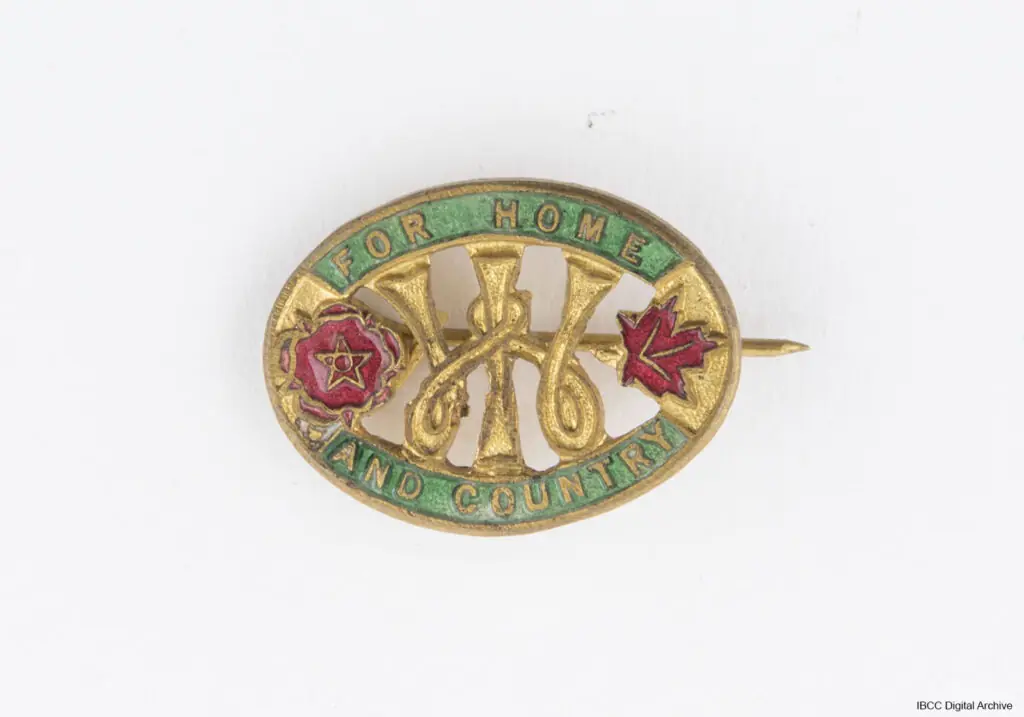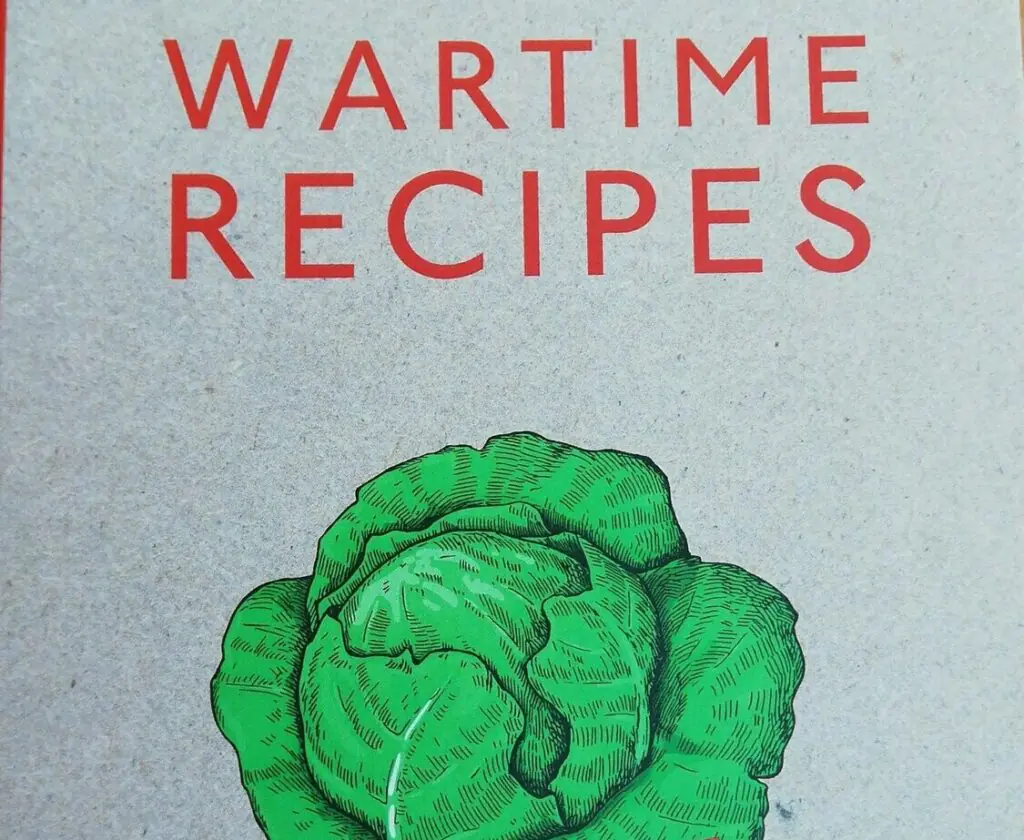
Women in War -Women’s Institute:
During World War II, the National Federation of Women’s Institutes (NFWI, or “the WI”) played a crucial role in supporting life on the home front. With over 328,000 members spread across England and Wales, the WI became the largest voluntary women’s organization in the country. Their efforts were instrumental in maintaining morale, ensuring food production, and providing essential services to both civilians and the military.
Rising to the challenge
By the outbreak of the Second World War in 1939, the WI – founded in 1915 – was a well-established pillar of rural life in Britain, with institutes in more than 5,500 villages. Although its National Executive Committee had taken an anti-war stance, the WI’s Chairman, Lady Denman, quickly realised that the WI’s members would want to ‘do their bit’. She suggested that the WI might be called upon to help with caring for evacuees and with rural food production.
In 1938, the Government asked the Women’s Institute to help with preparations for the potential evacuation of children. The WI carried out a survey of rural homes to find out how many households might be able to take them. They organised evacuation schemes, helping to settle over 1.5 million children, mothers and elderly people who were moved from cities to rural areas. WI members provided billeting, organised activities, and ensured that evacuees were cared for. And In 1941, the WI published a report on their members’ experiences which influenced the management of later waves of evacuation.

Britain’s Ground Force
Jam and onions
On the eve of war the WI set up a Produce Guild to encourage members to produce more home-grown food and preserve fruit and vegetables. In response to a drastic shortage of onions, the WI distributed seeds and sets and in 1942 one Oxfordshire branch alone harvested 13 tons. The WI set up preservation centres to process surplus fruit and vegetables, producing thousands of tons of preserves. In 1940 alone, the WI managed to obtain £1,400 worth of sugar that was distributed to Fruit Preservation Centres and prevented more than 1,600 tons of produce from rotting. WI markets sold surplus produce – mainly fruit and vegetables – from WI members, from smallholders and allotment holders, described by the Ministry of Information as ‘business-like and practical examples of cooperative rural enterprise’. The WI and other voluntary organisations were asked to collect 500 tons of rosehips, from which pharmacists made rosehip syrup rich in Vitamin C to replace the orange juice no longer available. One WI member remembered trying not to giggle when her President, a formidably large lady, stood before the meeting announcing that “it’s hips we want”.
Knitting for victory and raising the cash
Knitting at regular WI meetings was frowned upon, so special knitting parties were set up, to knit for whichever cause was identified as the greatest need, and especially for the armed forces. In September 1944, during a three-month campaign to knit for Europe, more than 150,000 items were produced. Meanwhile the WI raised money for various war-related causes, including the National Savings Campaign.
Building Jerusalem
The role of the WI was quite as important after the war as it had been during hostilities, with much of its work in food preservation remaining vital through the years of rationing. Old traditions have been combined with a very modern mission to connect, support and empower women. In 2012, the WI AGM broke the world record for the number of people knitting simultaneously – and just a few years later the first WI in a women’s prison was opened. Jerusalem has now been sung at its meetings for over a century, and WI branches continue to bring delight, information, instruction and fun into the lives of so many women. The movie ‘Calendar Girls’ brought some of the UK’s greatest actresses into WI roles, and the series ‘The Crown’ rubbed home the lesson that politicians lecture the WI at their peril – while celebrating Queen Elizabeth II’s deep respect for the organisation, of which she first became a member in 1943.
The Lincolnshire Federation of WIs is supporting our book festival Home Fronts event, find out more here